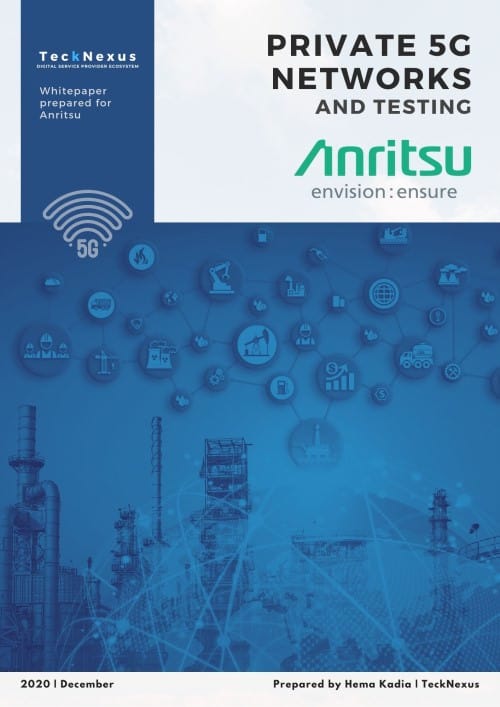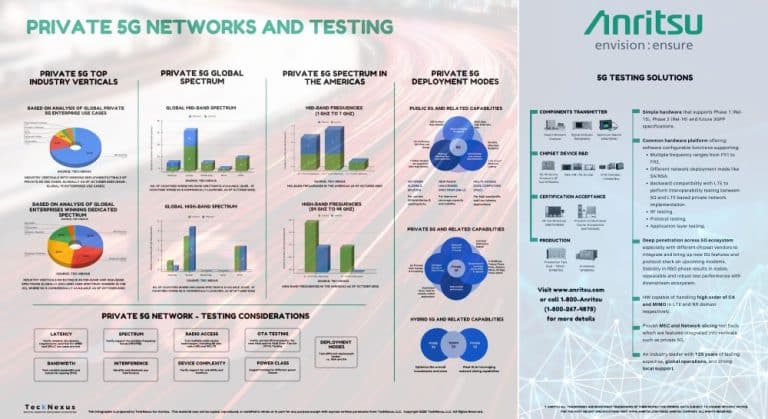Introduction: Private wireless network provider Betacom and UScellular are introducing the industry’s first private/public hybrid 5G networks to further Industry 4.0 initiatives across the United States.
Challenges or Objectives: Modernizing operations across dispersed locations in the U.S., ensuring security and control over business data, and maintaining connectivity between multiple sites across various locations.
Solution Implemented: Launch of a private/public hybrid 5G network service, ensuring businesses can connect different locations while maintaining security and control over their data.
Supporting Evidence: The new service assures uptime and performance with Betacom-backed Service Level Agreements (SLAs).
Why the Selected Technology Was the Right Choice? The hybrid 5G network provides end-to-end security with VPNs and ensures fewer vulnerabilities by reducing dependency on public clouds for data transfer.
Use Case Benefits: Organizations can maintain connectivity across multiple sites, ensure improved operational efficiency, and get guaranteed uptime and performance.
Industry Impact: The partnership sets a new benchmark for wireless industry standards, emphasizing the importance of enhanced connectivity, security, and modernization.
Betacom’s Role: Betacom provides the first fully managed private 5G network. The new service is intended to address the needs of organizations looking for seamless mobility with high densities of sensors and devices.
UScellular’s Role: UScellular plays an integral role in ensuring nationwide mobility. Their network and extensive access agreements provide customers with seamless connectivity across the United States. Additionally, UScellular manages data backhaul between sites. They’ve enabled devices to use a single SIM for both Betacom private CBRS networks and the UScellular network, ensuring mobility and facilitating seamless roaming.
Customer Speak:
Kim Kerr, senior vice president of UScellular, emphasized the transformative potential of the relationship with Betacom, highlighting accelerated ROI for digital transformation and modernization.
Johan Bjorklund, Betacom CEO, emphasized the evolving needs of the wireless world and how their new service addresses the connectivity needs of today’s organizations.
About Betacom: Betacom provides a fully managed private 5G network, having served giants like AT&T, T-Mobile, and Verizon since its founding in 1991. Headquartered in Bellevue, Washington, with regional offices nationwide, Betacom has completed over 800 large-scale design and deployment projects.






























